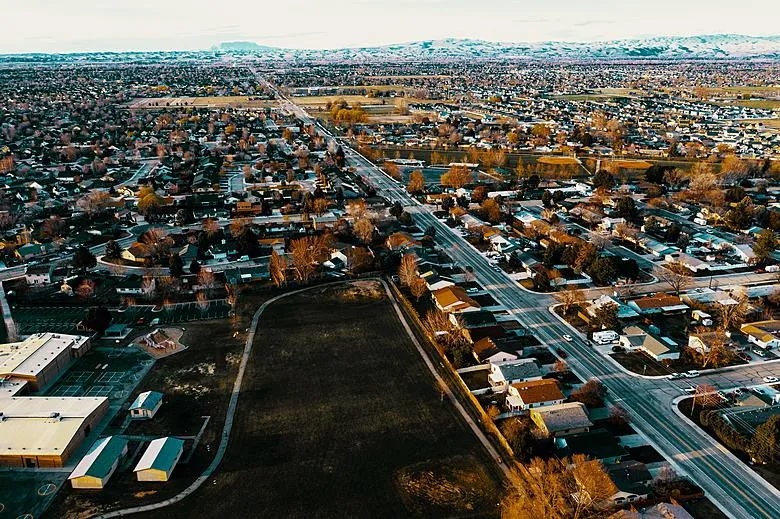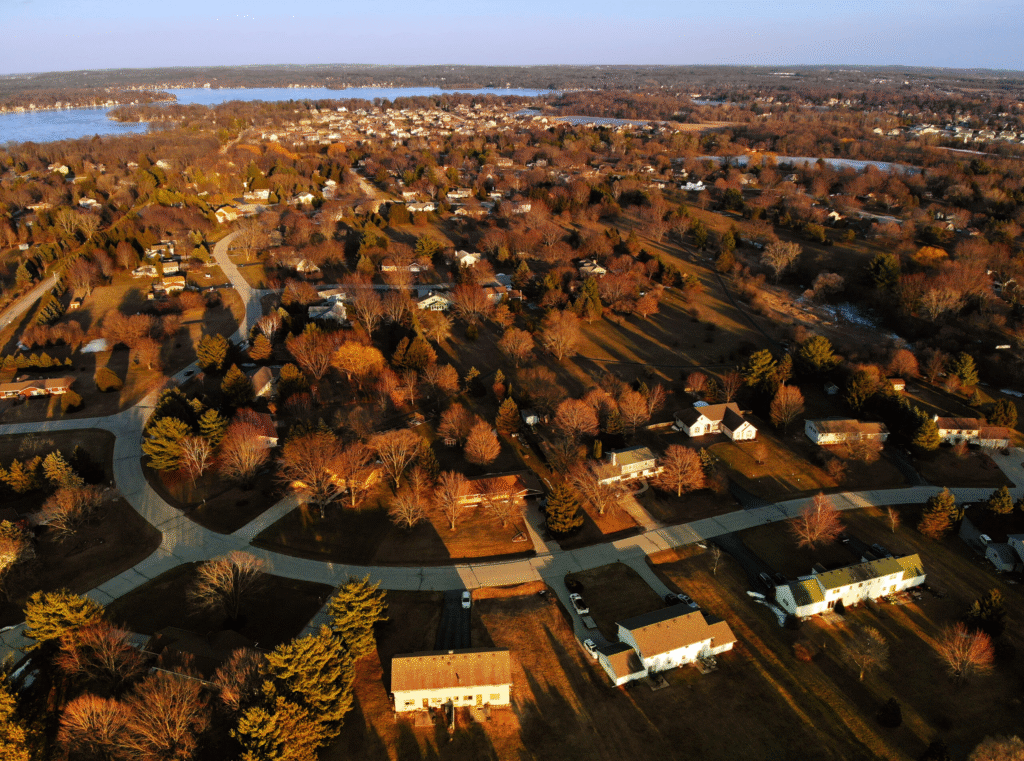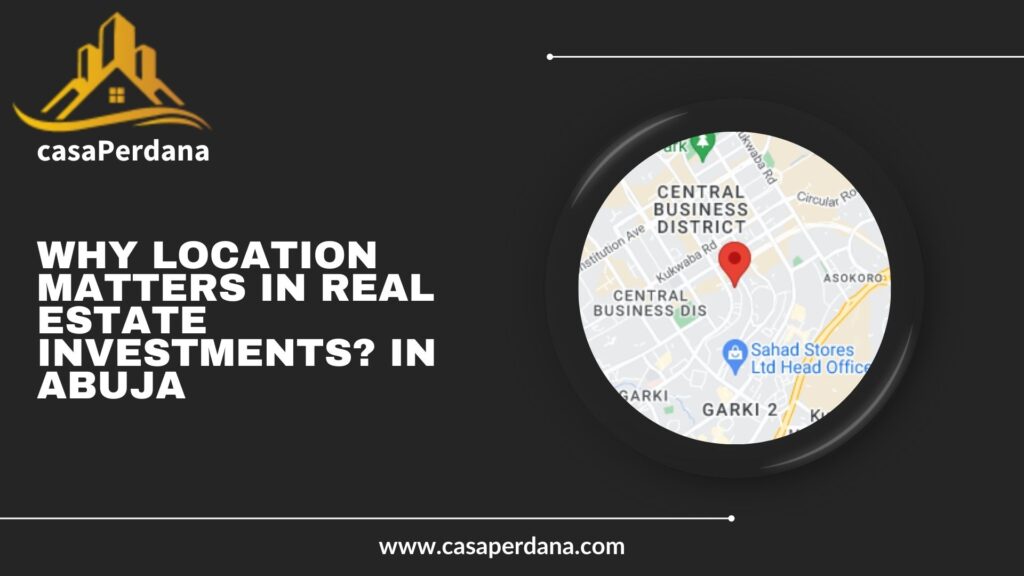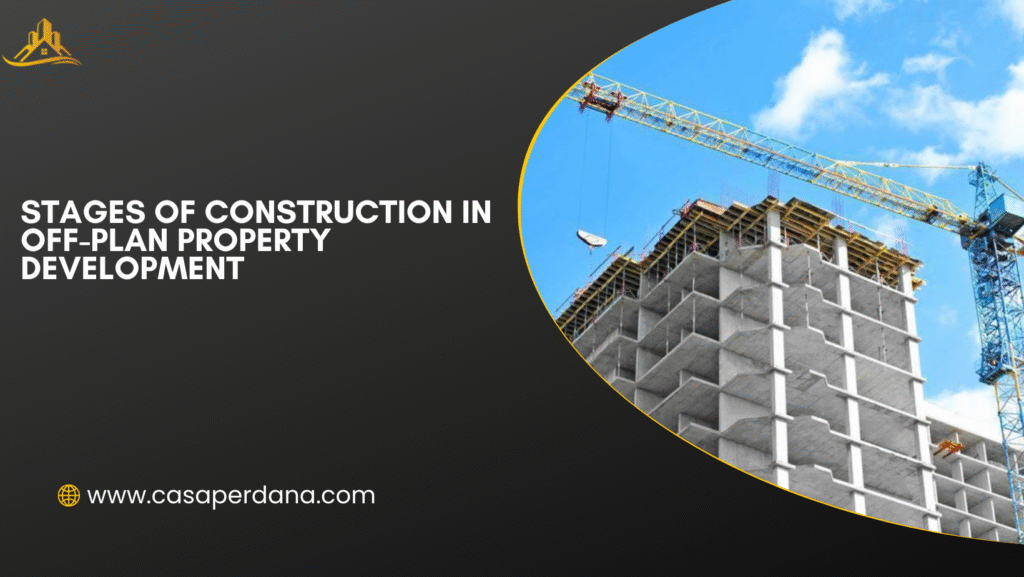Do you want to know why location matters in real estate investments in Abuja? Keep reading to find out some of the major reasons location matters in real estate investments in Abuja.

When it comes to real estate investment in Abuja, location is everything. The Federal Capital Territory is one of Nigeria’s fastest-growing regions, with districts developing at different speeds and offering unique opportunities.
If you’re buying for residential, commercial, or land banking purposes, choosing the right area can significantly impact your return on investment.
From high-end neighborhoods like Maitama and Asokoro to emerging hubs like Lugbe, Gwarinpa, and Kuje, each location comes with distinct benefits and challenges. Investors who understand Abuja’s layout and future development plans are better positioned to maximize value and minimize risk.
Accessibility, infrastructure, security, and proximity to business zones are all critical factors that determine how much your property appreciates over time.
Here, you will get to know why location matters and how you can use this knowledge to make smarter, more profitable real estate decisions in Abuja.
Why Location Matters in Real Estate Investments?

Here are some reasons location matters in real estate investment:
1. Property Value Appreciation
In Abuja, location is a key driver of property value appreciation. Properties in well-developed or rapidly growing areas tend to increase in value over time.
Neighborhoods such as Jabi, Katampe, Lifecamp, Wuse, and Guzape consistently attract investors due to their infrastructure, accessibility, and status. Investing in such locations provides a strong return, especially when demand outpaces supply.
As the city expands, areas that are close to commercial zones, schools, and government developments often witness higher appreciation rates. Buying in the right place today could result in substantial equity growth in just a few years, making location a powerful wealth-building factor.
2. Rental Income Potential
The location of a property significantly affects how much rental income it can generate. In Abuja, areas near business districts, schools, and good roads are ideal for rental investments.
Tenants often look for neighborhoods that offer convenience, security, and lifestyle benefits. Places like Gwarinpa, Lokogoma, and Jabi are attractive to renters, allowing landlords to command premium prices.
Properties in such areas also experience lower vacancy rates and more stable rental flows.
If you’re looking to earn passive income, choosing a location with high tenant demand ensures consistent returns and increases your property’s overall profitability.
3. High Resale Value
When selling a property in Abuja, location is often the main factor buyers consider. A house in a prime area like Maitama or Asokoro will likely attract more offers and fetch a higher price than one in a less developed district.
Buyers value ease of access, infrastructure, and neighborhood reputation. A property with a desirable address often spends less time on the market and sells at competitive rates. Smart investors plan for resale from the beginning.
By selecting a strategic location, you make your property more marketable and position yourself for faster sales and maximum return on investment.
4. Determines Lifestyle and Convenience
Location determines how convenient and enjoyable everyday life will be for a homeowner. In Abuja, living close to work, reputable schools, hospitals, and leisure spots can drastically improve lifestyle quality.
Neighborhoods like Jabi, Garki, and Utako offer modern conveniences within short distances. These areas are popular among professionals and families who prioritize access to essential services. A well-located property means shorter commutes, better access to amenities, and a more comfortable daily routine.
It also enhances the desirability of the home, making it more appealing to future buyers or tenants who value convenience and balanced living.
5. Proximity to Key Infrastructure Drives Demand
Properties located near major roads, transportation hubs, and public facilities in Abuja see stronger demand. Infrastructure like the airport expressway, hospitals, and shopping centers significantly boosts an area’s attractiveness.
Areas like Lugbe and Galadimawa have grown in value because of their improved infrastructure. People want to live and work in places that offer easy access to what they need. Smart investors target locations with existing or planned infrastructure to capitalize on future growth.
These areas experience faster appreciation and higher rental returns, making proximity to infrastructure one of the strongest real estate advantages.
6. It Determines Security and Safety
Security is one of the most important considerations for buyers and tenants in Abuja. Properties in gated communities or areas with visible security presence attract more interest and hold higher value.
Districts like Asokoro, Maitama, and parts of Gwarinpa offer a strong sense of safety, making them desirable for both families and corporate tenants. Secure areas often demand premium pricing and maintain stable occupancy.
On the other hand, areas with inadequate security may have lower entry costs but pose risks in terms of tenant turnover and resale challenges. Always prioritize safety when choosing a real estate location.
7. Accessibility Determines Long-Term Viability
Accessible locations are more sustainable for long-term real estate investments. In Abuja, areas connected to major highways, such as Airport Road and Kubwa Expressway, attract residents who prioritize commuting ease.
Public transport routes also enhance accessibility, especially for middle-income earners. Locations like Lugbe, Lokogoma, and Dawaki have witnessed rapid growth because of improved road networks.
An accessible property benefits from higher demand, better resale potential, and broader tenant appeal. When choosing an investment, always evaluate the ease of access to commercial areas, schools, and health services. Accessibility is key to maximizing value and reducing property vacancy.
Frequently Asked Questions

1. Why is Location so Important in Abuja’s Real Estate Market?
Location affects property value, rental income, and resale potential. In Abuja, areas close to business hubs, government offices, and infrastructure tend to appreciate faster and attract more buyers or tenants.
2. Which Areas in Abuja are Best for Real Estate Investment?
Top-performing locations include Katampe, Lifecamp, Maitama, Asokoro, Wuse, Gwarinpa, and Jabi due to their accessibility, security, and proximity to major amenities. Developing areas like Lugbe, Kuje, and Lokogoma are also gaining value as infrastructure improves.
3. Does Location Affect the Resale Value of a Property in Abuja?
Yes, significantly. Properties in high-demand neighborhoods with good roads, schools, healthcare, and commercial centers often attract better offers and resell faster.
4. How Does Infrastructure Impact Property Location Value?
Areas with reliable electricity, water supply, good road networks, and access to public transport are more attractive to buyers and renters, leading to faster returns on investment.
5. Are Properties Near Government Buildings or Embassies Worth More?
Absolutely. Proximity to diplomatic zones and federal ministries like those in the Central Area, Maitama, and Asokoro increases property demand and often commands higher prices.
6. Is it Wise to Invest in Outskirts or Developing Areas in Abuja?
Yes, if you’re focused on long-term gains. Areas like Karu, Kuje, and Dutse may offer affordable entry prices now and appreciate steadily as development expands outward from the city center.
7. How Does Neighborhood Safety Affect Real Estate Decisions?
Safety is a major factor for families and renters. Secure neighborhoods with low crime rates and gated estates are more desirable and help retain tenants or attract higher-paying buyers.
Related Searches:




